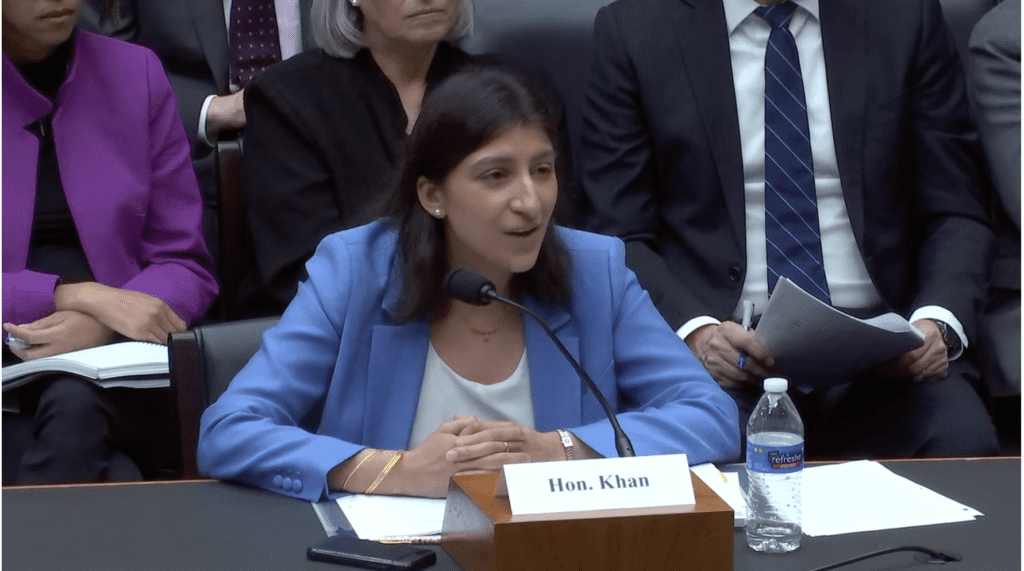On April 18, the House Energy and Commerce Innovation, Data, and Commerce Subcommittee held a hearing on the Federal Trade Commission’s (FTC) budget for next year, where FTC members discussed the commission’s 6(b) study of the contracting practices of pharmacy benefits managers (PBMs).
The healthcare industry and policymakers alike will closely watch the FTC’s ongoing investigation into PBM contracting practices, as its findings could have significant implications for the future of drug pricing and access in the United States.
Rep. Diana Harshbarger (R-TN) thanked the FTC for investigating PBMs’ “unfair and deceptive” business practices. In addition, she requested the FTC study examine the vertical integration of PBMs and the impact on small businesses.
Subcommittee members call on FTC to study PBM practices
Rep. Buddy Carter (R-GA) asked for an update on the FTC’s work regarding the PBM study the FTC authorized last summer.
The FTC’s 6(b) study of PBMs’ contracting practices aims to investigate the impact of PBM behavior on drug prices and competition, with a focus on contracts between PBMs and pharmaceutical manufacturers, health plans, and pharmacies.
For Rep. Carter, investigating PBMs was a point of major priority as this request for the study was his first act upon being elected to Congress.
FTC Chair Lina Khan responded that the commission is “in the process” of reviewing and hopes to share updates “in short order.”
Rep. Carter asked whether the FTC is investigating similar practices PBMs are conducting in Ohio. Chair Khan replied that some of the information is not public, but is on the FTC’s radar.
The subcommittee hearing highlights the growing scrutiny being paid to the role of PBMs in the healthcare industry and the need for increased transparency and regulation. As part of the drug supply chain, PBMs manage the benefits of millions of Americans, and their practices can significantly impact drug prices and access to medication.
PBM Transparency Act
PBMs have come under scrutiny in recent years for their role in the pricing and distribution of prescription drugs, with evidence demonstrating their practices drive up costs for consumers and independent pharmacies.
The lack of transparency in PBM practices – specifically pricing and rebate practices – can make it difficult for patients and providers to understand the true cost of medications.
A proposed solution includes the PBM Transparency Act, reintroduced to the Senate last month. The PBM Transparency Act aims to ban the practice of “spread pricing,” where PBMs negotiate substantial rebates from drug manufacturers and then charge pharmacies the full price.
Additionally, the act mandates transparency regarding the rebates PBMs receive from manufacturers, as well as the fees they charge insurers and pay pharmacies.
Watch the full hearing:




